Baseballs Greatest Comeback
Baseballs Greatest Comeback
The Miracle Braves of 1914
J. Brian Ross
ROWMAN & LITTLEFIELD
Lanham Boulder New York Toronto Plymouth, UK
For Toni
Published by Rowman & Littlefield
4501 Forbes Boulevard, Suite 200, Lanham, Maryland 20706
www.rowman.com
10 Thornbury Road, Plymouth PL6 7PP, United Kingdom
Copyright 2014 by Rowman & Littlefield
All rights reserved . No part of this book may be reproduced in any form or by any electronic or mechanical means, including information storage and retrieval systems, without written permission from the publisher, except by a reviewer who may quote passages in a review.
British Library Cataloguing in Publication Information Available
Library of Congress Cataloging-in-Publication Data
Ross, J. Brian
Baseballs greatest comeback : the miracle Braves of 1914 / J. Brian Ross.
pages cm
Includes bibliographical references and index.
ISBN 978-1-4422-3606-6 (cloth : alk. paper) ISBN 978-1-4422-3607-3 (ebook) 1. Boston Braves (Baseball team)History. I. Title.
GV875.B59R67 2014
796.357'64097446109041dc23
2014006298
 The paper used in this publication meets the minimum requirements of American National Standard for Information SciencesPermanence of Paper for Printed Library Materials, ANSI/NISO Z39.48-1992. Printed in the United States of America
The paper used in this publication meets the minimum requirements of American National Standard for Information SciencesPermanence of Paper for Printed Library Materials, ANSI/NISO Z39.48-1992. Printed in the United States of America
Preface
T his book tells the story of the baseballs greatest comeback, a spectacular last-place-to-first-place rise by one of baseballs feistiest group of ballplayers, the Miracle Braves. The word miracle suggests a change from the possible to the impossible; it refers to an event so incredible that only divine intervention can produce the end result. In 1914, Americans, many of whom held a rational, progressive outlook, did not openly profess that Providence was shaping the outcome of a baseball season, but they did acknowledge that they were witnessing a highly implausible event: a boisterous, highly superstitious manager, assisted by a star player who had faced painfully difficult times, guiding a group of castoffs and misfits to rise from 15 games back in mid-July to a three-month stretch of improbable victories. And Americans were observing this baseball miracle while Europeans were engaged in the brutal initial battles of World War I, including one of the wars crucial moments, a battle that despite tens of thousands of casualties, earned the designation Miracle of the Marne. The 1914 baseball season, especially when contrasted with the horrors of World War I, allowed Americans to pause, wonder, and enjoy their national pastime.
The baseball fans who most appreciated the miraculous workings of the Braves rooted for them at Bostons Fenway Park, a stadium built for the Red Sox in 1912, and the temporary home of the Braves in late summer 1914. At a much later date, Fenway Park served as my home field, too. When my father, Robert M. Ross, finished his work at Hanscom Field Airport in Lexington, he would arrange for us to attend Red Sox games at Fenway. We would usually sit near left field so that we could cheer on his fellow World War II pilot, Ted Williams, and later Williamss protg, Carl Yastrzemski. It was during these special moments that I acquired an affection for Boston baseball. And it was driving with my father to historical sites in Bostonhe often showed me the place where the British captured Paul Reverethat sparked my boyhood interest in history. This affection for the subject grew exponentially over time and sustained me through graduate school, where I followed a scholarly path to the Progressive Era, a time period whose characters and events burst out of the Victorian past. As a graduate student at the University of Michigan, Professor Sydney Fine strongly encouraged me to read every book in existence on the time period, and later, at Case Western Reserve University, Professor David Hammack helped me shape my ideas and research into a dissertation, a study of Progressive philanthropy. In the past 15 years, ever since I organized a baseball history conference on the 50th anniversary of Jackie Robinsons entering the major leagues, I began to absorb marvelous baseball literature. This book, Baseballs Greatest Comeback , then, connects three of my affections: memories of growing up in Boston, the Progressive Era, and baseballs past.
Acknowledgments
M y research has benefitted from librarians and archivists upon whom I relied so often. I thank Winfree Segal and Steve Carter-Lovejoy at the Tuckahoe Library in Henrico County Virginia; Sean Casey at the Boston Public Library; Anne Benham and Barbara Selby at the University of Virginia Alderman Library; and Freddy Berowski and Tim Wiles from the A. Bartlett Giamatti Research Library at Cooperstowns National Baseball Hall of Fame & Museum. I am especially grateful to my colleagues at Collegiate School: Ben Lamb, Allen Chamberlain, and Melanie Barker, who answered my frequent and unexpected queries on every possible subject.
I appreciate those who helped me track down images of Boston and its Braves: Barbara Natanson at the Library of Congress; Karen Shafts and Jane Winton at the Boston Public Library; John Horne of the A. Bartlett Giamatti Research Library at Cooperstowns National Baseball Hall of Fame & Museum; and Alison Moore and Mark Rucker of the Rucker Archive.
My gratitude extends to Marilyn Shaw who offered countless helpful suggestions, and I am deeply indebted to the editorial staff at Rowman & Littlefield, especially Christen Karniski, who responded with wisdom and reassurance to each of my requests.
And I give my deepest, most heartfelt thanks to my family: Colleen and Joe; Jessica and Tim; Cat, Josh, and Oliver; and, of course, Toni. Upbeat, and compassionate, she reviewed my words with insight, support, and kindness.
Introduction
T he Guns of August , Barbara Tuchmans dramatic, Pulitzer Prizewinning narrative on the early months of World War I, has shaped our collective memory of the summer of 1914. Those who reflect on the early months of World War I invariably connect that summer to the assassination of Archduke Francis Ferdinand, the diplomatic blundering that led to World War I, and the Battle of the Frontiers, where millions of soldiers were mobilized to fight what military historians have called one of the bloodiest battles in history. Tuchman and other historians have seized our historical imaginations with the August Madness, where, after the announcement of war declarations, high-spirited crowds in London, Paris, Vienna, St. Petersburg, and Berlin shouted, raised flags, and jubilantly sang patriotic songs.
But in the summer of 1914, crowds in the United States often devoted their energies to a madness of a different sort: a baseball pennant race, a pennant race in which the Boston Braves, a perennial woeful team, rose from the ashes of last place15 games behind in early Julyand battled for the National League crown against the New York Giants, one of the most dominant teams of all time. Americans delighted in the Braves Miracle season; they savored their Deadball Era baseball heroes, players who, instead of smashing home runs, stole bases and sacrificed base runners across home plate. They cheered wildly and sang fervently from the first pitch to the final out in such new concrete and steel stadiums as Chicagos Wrigley Field and Bostons Fenway Park.
Fenway Park signified a growing, changing, turn-of-the-century Boston. The city had recently constructed a new fine arts museum and a symphony hall; it had invested millions to revitalize the harbor. The bustling port had offered thousands of jobs to the Irish as they immigrated to Boston in the nineteenth century. At the turn of the new century, thousands of immigrants poured in from Southern Europe and Eastern Europe. Italians and East European Jews founded new neighborhoods in Boston, and, by 1910, the citys population had mushroomed to 670,000. City politicians ceaselessly strove to cope with the problems caused by rapid urbanization. Political bosses adhered to the old formula based on ethnic loyalties and the neighborhood ward system; others formed a Progressive Good Government Association that sought to eliminate waste and corruption in city hall. Shrewd bosses turned to progressivism, often promoting genuine reform, at times expressing vote-getting political rhetoric. In 1906, John Francis Honey Fitz Fitzgerald, a ward boss in the North End and Bostons first Irish Catholic mayor, campaigned for the citys top office on a Progressive platform of efficiency and businesslike principles.
Next page
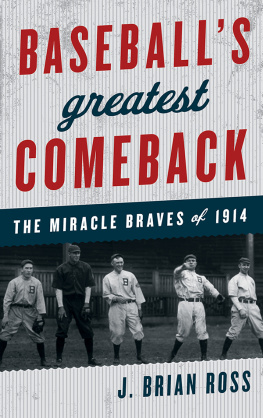
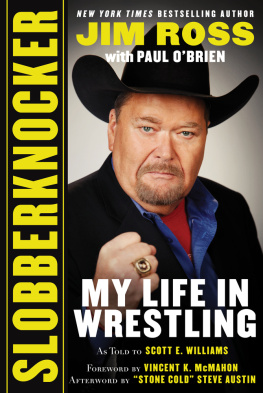
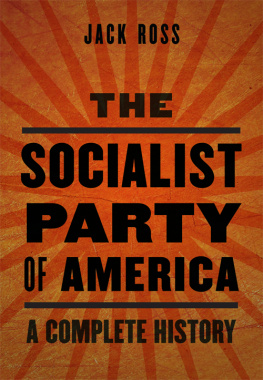
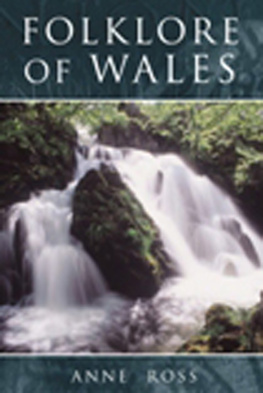

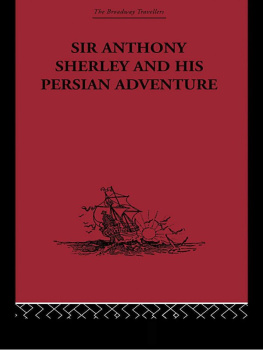
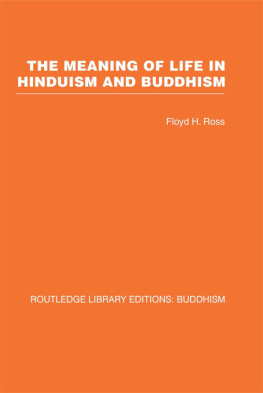

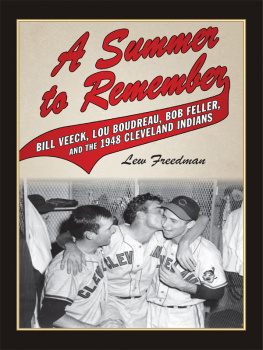
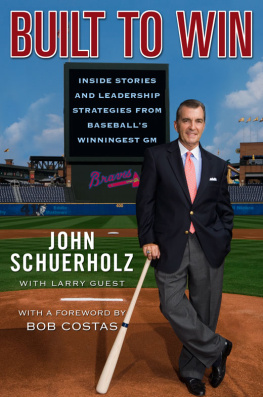
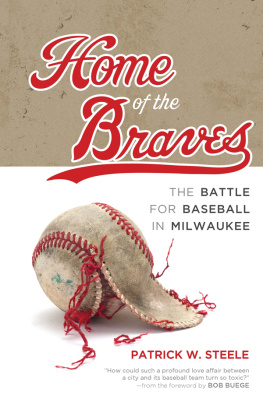
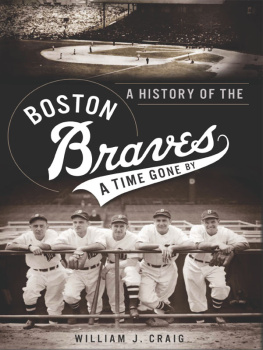
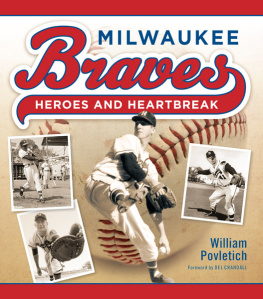
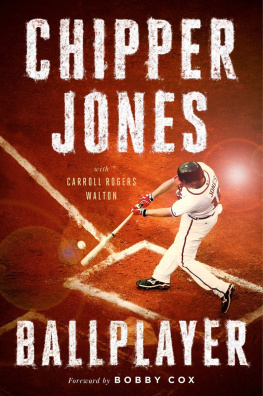
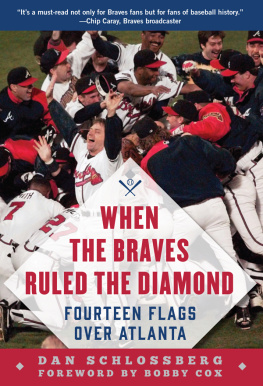
 The paper used in this publication meets the minimum requirements of American National Standard for Information SciencesPermanence of Paper for Printed Library Materials, ANSI/NISO Z39.48-1992. Printed in the United States of America
The paper used in this publication meets the minimum requirements of American National Standard for Information SciencesPermanence of Paper for Printed Library Materials, ANSI/NISO Z39.48-1992. Printed in the United States of America